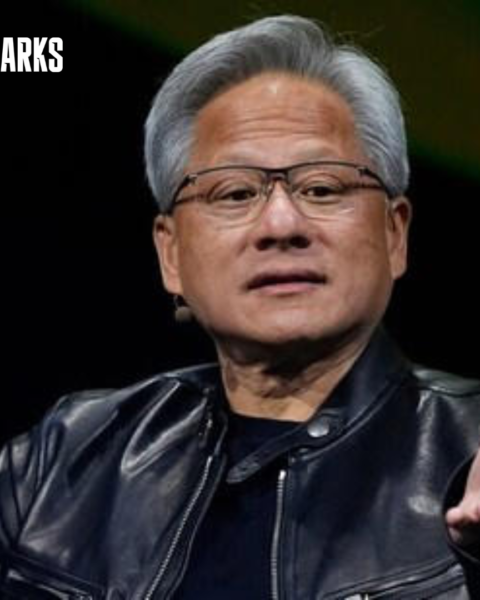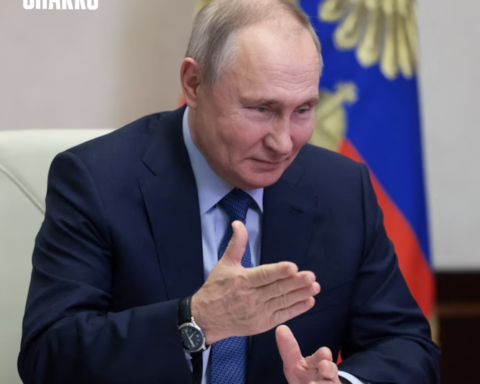Investigation into Telegram’s Pavel Durov Sends Shockwaves
The investigation into Telegram CEO Pavel Durov was launched by a small but formidable cybercrime section within the Paris prosecutor's office.

The investigation into Telegram CEO Pavel Durov, initiated by a small yet formidable cybercrime unit within the Paris prosecutor’s office, has set a new precedent in how global authorities might confront tech leaders who resist policing illegal content on their platforms.
Durov’s arrest last Saturday marks a pivotal moment, signaling that even the highest tech executives are not immune to legal scrutiny.
The Legal Battle Ahead for Prosecutors:
Led by 38-year-old Johanna Brousse, the J3 cybercrime unit has shown its resolve, but the true test will be whether Brousse can secure a conviction based on a largely untested legal argument.
Prosecutors argue that Durov bears responsibility for the alleged illegal activities on his platform, placing him under formal investigation on organized crime charges. Durov is suspected of complicity in enabling the posting of child sex abuse images, drug trafficking, and fraud through Telegram.
Durov’s lawyer has dismissed these accusations as “absurd,” maintaining that Telegram abides by European laws. However, the formal investigation indicates that judges believe sufficient evidence exists to proceed, which does not necessarily lead to trial or imply guilt. Durov has been released on bail but is prohibited from leaving France.
The Origins of the Investigation:
The investigation into Durov began earlier this year when Brousse’s unit noticed a surge in criminal activities on Telegram and grew frustrated with the app’s “almost total lack of response” to judicial requests. Paris Prosecutor Laure Beccuau highlighted this frustration as a key factor in escalating the investigation.
Although Brousse declined to comment on the case, her earlier remarks suggest a deep commitment to tackling crime on platforms like Telegram and Discord. She has previously stated that combating crime on these messaging apps is “one of my battles.”
J3 Cybercrime Unit: Small but Mighty:
Though France’s most significant cybercrime unit, the J3 is relatively small, with just five prosecutors compared to Switzerland’s 55-60 cybercrime prosecutors.
Despite limited resources, Brousse’s unit prioritizes the most serious crimes, aiming to set international precedents. Brousse has expressed a desire to be tough on cyber criminals to deter attacks on France, emphasizing that her office is accustomed to handling “extremely sensitive cases.”
Implications for the Future of Tech Regulation:
The J3 unit’s innovative approach to prosecuting cases with international ramifications highlights a growing recognition of the need to regulate online platforms. Patrick Perrot, a coordinator at the French gendarmerie and advisor to the Interior Ministry’s cyber command unit, noted that this case underscores the importance of regulation as these platforms continue to increase.
“I think it shows that you can’t do whatever you want with these platforms,” Perrot told Reuters. “It’s a real question for the future because these platforms won’t stop multiplying, so the regulation challenge is essential.”
Share This
Tony Boyce is a seasoned journalist and editor at Sharks Magazine, where his expertise in business and startups journalism shines through his compelling storytelling and in-depth analysis. With 12 years of experience navigating the intricate world of entrepreneurship and business news, Tony has become a trusted voice for readers seeking insights into the latest trends, strategies, and success stories.























